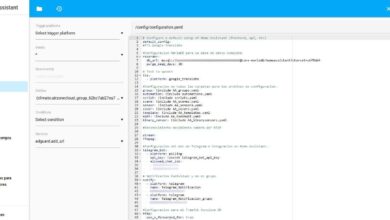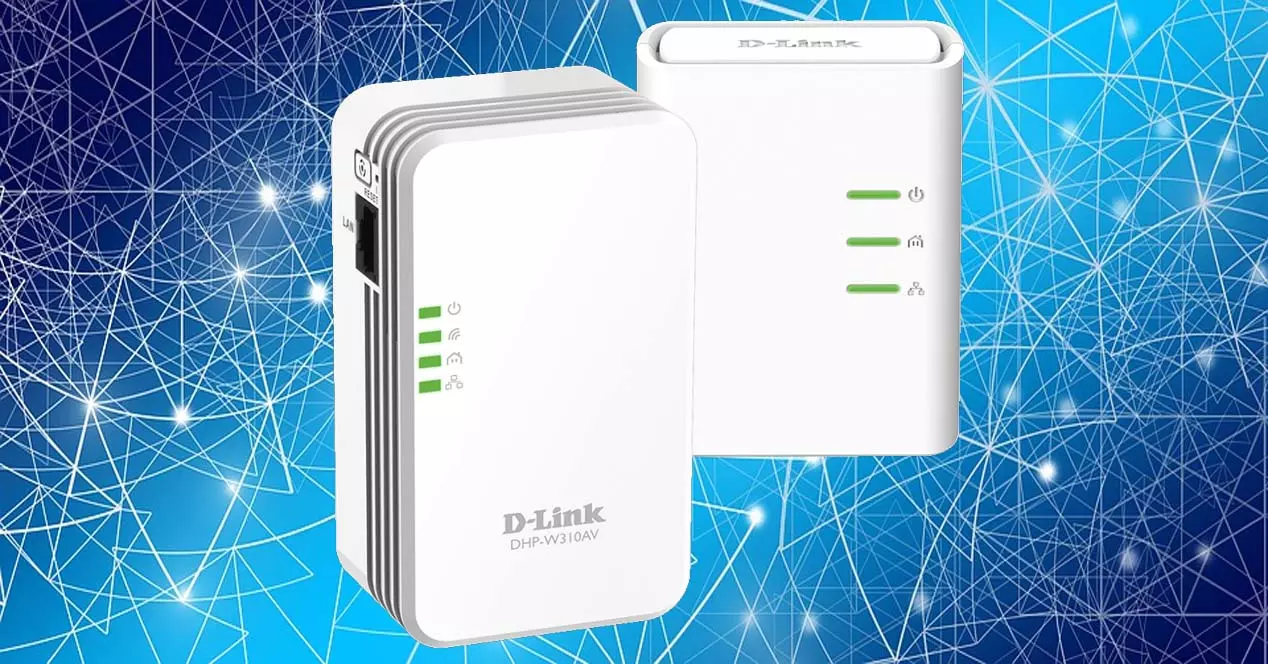
Of all the security threats out there on the web, the method of identity fraud it is one of the simplest attacks for hackers. What they basically do is act as if they were you. They will collect personal information and use it against you. With this they will even be able to steal your passwords. Normally they need you to make a mistake and, from there, access your personal data and get to your passwords. Therefore, in this article we are going to explain what you should do to avoid it.
Phishing attacks
What exactly is a phishing attack? Think, for example, of an email you receive or a message on social networks. If that email or that message is sent to you by a friend or relative, it is normal for you to trust and open it. On the other hand, if it is sent to you by any other account, it is more likely that you will not do so.
Hackers use just this, phishing, to gain the trust of the victim. They may collect certain personal data from you to create a profile with your name and thus contact your friends or family. The goal is to steal passwords or collect more information. They can, for example, send a malicious link as if it were you.
In most cases, the attacker going to need you to do something. If you are the one who receives that email or message from a supposed friend or known contact, you will need to open a link. By doing so, you are putting yourself in danger. Perhaps you are confirming that there is an active user behind that account or you have even entered a link to log in to another page.
In all these cases, you security may be compromised. The attacker will have access to certain data, even if it is only personal information. In the worst case, you will have fallen into the trap and your password will have been stolen. This is a Phishing attack, which basically consists of logging in through a fake link.
What mistakes you should avoid
So what mistakes should you avoid so you don’t fall victim to phishing and thus prevent your passwords from being stolen? The main thing is the common sense. Avoiding mistakes is key. Do not expose more information than necessary. Do not share too much data on social networks, or put your email address or phone number in open forums.
Another essential tip is to avoid logging in through unofficial means. For example, you should never enter your Facebook or email account through a link you receive by email. You should always enter the official app or on the official website and never from other media.
you should too protect device security. It is a good idea to have a good antivirus, regardless of whether it is a mobile or a computer. In addition, having the latest versions installed is key to correcting possible vulnerabilities that may appear.
In short, avoiding phishing attacks is key. It is important to protect devices and especially not to make mistakes. That will protect your passwords and prevent your data from being leaked on the network. This will also help you prevent your card from being stolen online.



